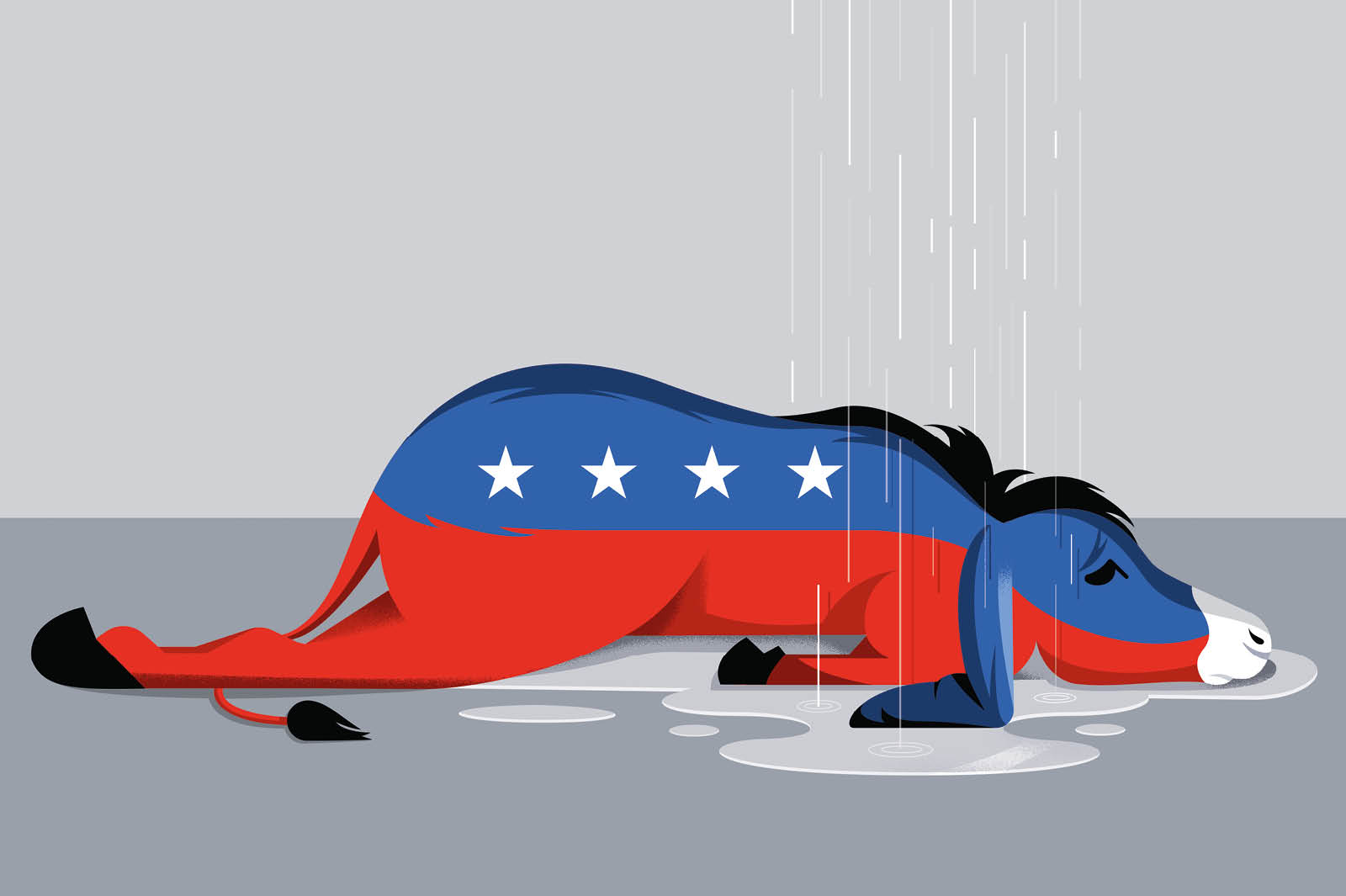The Best Minds is a coruscating indictment of psychiatric services for psychotic patients in America. It is also a moving and shocking account of the trajectory of Jonathan Rosen’s childhood best friend, Michael Laudor, struck in his youth by schizophrenia, and whose starry ascent through Yale Law School to spokesman for stigmatized patients with psychosis plummeted dramatically when he relapsed, with catastrophic results.
Schizophrenia is terrifying for the sufferer, characterized as it is by a distortion of reality brought about through paranoid delusions and auditory hallucinations. Those who wrinkle their noses and sneer “crazy” need only gently press their closed eyelids to experience transient visual hallucinations of flashing lights. Now imagine instead if that flash were a constant stream of voices telling you that people were trying to kill you, and a conviction that you were being monitored and about to be harmed.
Rosen, who has suffered from anxiety himself, evidently has huge empathy for those with mental illness. With flair and eloquent despair, he takes us through the ways in which these vulnerable individuals have been failed by society, even by those with the best of intentions.
First, there were manacles and inhumane conditions in long-term asylums. Then came “treatments” such as lobotomy, which reduced patients to stunted shadows of their former selves. There were experiments with LSD on institutionalized patients, and a misguided “freeing” of residents of long-term institutions by releasing them into the community, a move that failed not only because of inadequate community facilities and support, but also because the most extreme schizophrenics, who do not take their medication (part of the condition is not believing that they are ill), need humane hospitals for in-patient care.
Then there was a vogue for seeing the severely mentally ill simply as societal rebels refusing to conform to bourgeois norms. Try telling that to the family of a schizophrenic lashing out at them with a knife because he believes they are the devil. Even now, medications for schizophrenia have severe side effects, such as involuntary movements, weight gain and blunted affect.
Rosen takes us through legislation in the United States aimed at alleviating the lives of the mentally ill, some of which, again, had unintended consequences. He also deals with the question of stigma: of course only a small minority of schizophrenics are dangerous, and even those harm themselves more often than others. But to state that violence is never a problem in schizophrenics who don’t take their medication is untrue.
On a personal level, this is a poignant account of friendship. Rosen and Laudor met as ten-year-olds in New Rochelle, New York. Their similarities — high intelligence, Jewish roots, lofty ambitions — made for an immediate bond. With raw honesty, Rosen reveals the cracks in the friendship: the competitiveness, Laudor running off when Rosen was beaten up as a child and his exclusion of Rosen from louche social soirees. At first I felt “frenemy” vibes as Rosen reveals how selfish, humble-braggy and manipulative Laudor could be, and how his sparkling intellect and charisma made people naturally generous to him. But in the end both men admit guilt for failing each other. Resentment does crop up in friendships between high-achievers, but affection and loyalty usually win.
The writing is smart and zippy, laying all emotions bare: “Beyond the law or my parents’ hearts, I was afraid of breaking my brain, like Piggy [in Lord of the Flies] on the rock.” The memoir incorporates the coming of age of both boys, and is full of lively anecdotes. Peripheral characters are vividly drawn: Laudor’s father, a devoted supporter of his son, was so forceful and argumentative that the reader pictures him talking at Rosen’s more reticent father while advancing on him as the latter backs away.
A vivid cultural picture emerges. Social occasions, such as bar mitzvahs, are affectionately drawn — though Rosen vomited with nerves at his own. And the experimental educational curriculum of the 1970s is described, which excluded history and concentrated instead on outdated anthropological studies of indigenous groups such as Inuits, who were themselves enjoying mod cons while American children learnt about their archaic practices.
What happened when Laudor’s illness deteriorated made headline news in June 1998. Suffice it to say that Rosen does not neglect the victims of this horrifying event.
The Best Minds is an engrossing, passionate and balanced book — both a plea for the humane management of a most misunderstood disease and a haunting account of a friendship that ended in tragedy.
This article was originally published in The Spectator’s UK magazine. Subscribe to the World edition here.

























